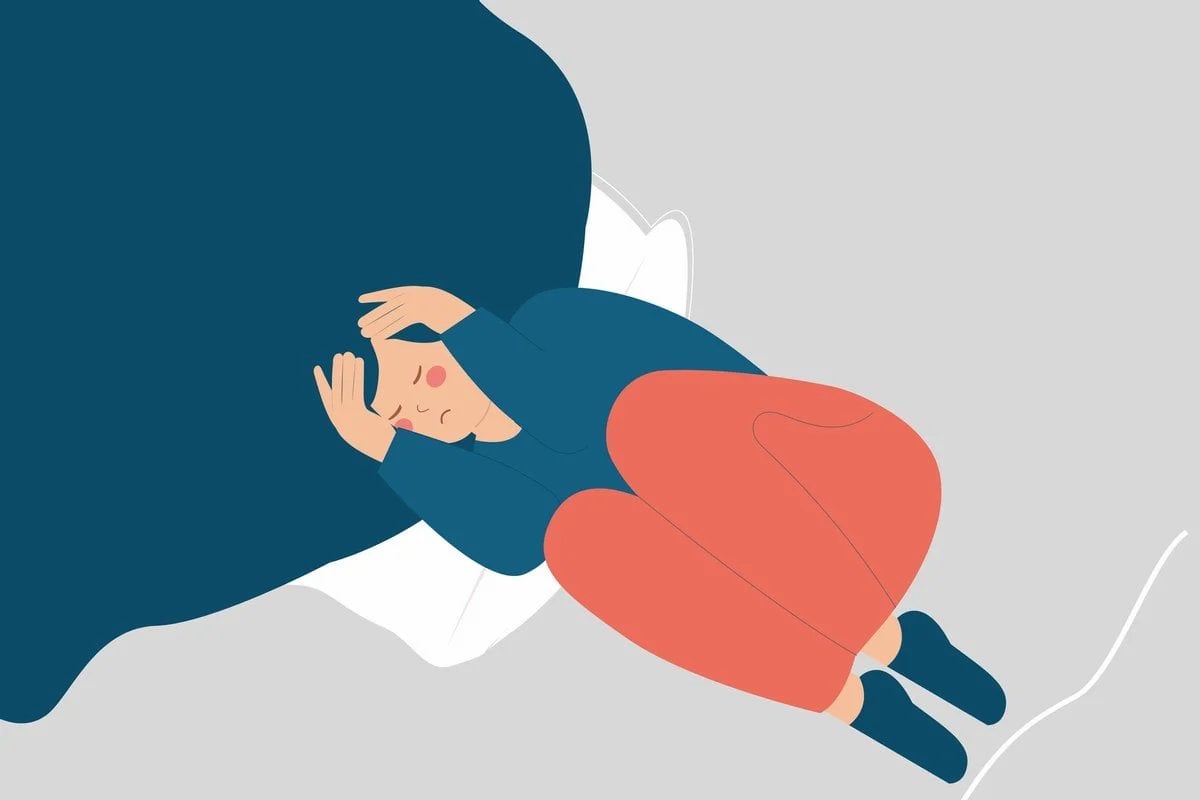

The demands of life as an adult are constantly changing (and seemingly growing). Just when I thought I had a grip on life after a pandemic – one of the most heightened periods of stress none of us planned for – other stressors were quick to take its place in my head. The ridiculous cost of living, burnout, natural disasters, my grandparents' health, fertility, career, and the interest on my HECS debt.
Stress is the brain's normal response designed to help us deal with threats, and is meant to simmer down once the threat has passed. But, if we're rocky with our ability to reign in the calm, that state of alarm or distress in our body can really rule our life or impact our health.
It's all in our ability to ride the stress wave, rather than stop it or slow it down. Which is precisely why we've compiled some practical ideas on how to actually manage your stress in the moment you're feeling it.
It's important to emphasise, these are just options, not a to-do list. We mean it when we say: you do you. We all have different brains, different stressors, and different preferences to deal with them. Naturally, what will work for one person mightn't work for another.
So, here are 5 ideas to have up your sleeve.
The physiological sigh.
Breathwork hacks are aplenty on our TikTok feeds, but this idea stuck out to me both for its simplicity and its research backing from Stanford Medicine. They're calling this cyclic breathing pattern the "physiological sigh".
The way to try it for yourself: Inhale through your nose, and once you've comfortably filled your lungs, take a second, deeper sip of air to expand your lungs as much as possible. Very slowly, then exhale through your mouth (try pursing your lips) fully, and repeat.
Taking charge of your breathing can break the cycle of spiralling thoughts, quickened heart rate, clammy skin or restlessness. You may already feel calmer after two or three deep sighs, but they do report to feel the full effect, continue these deep sighs for about five minutes.




























































































